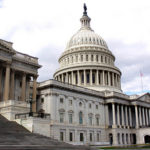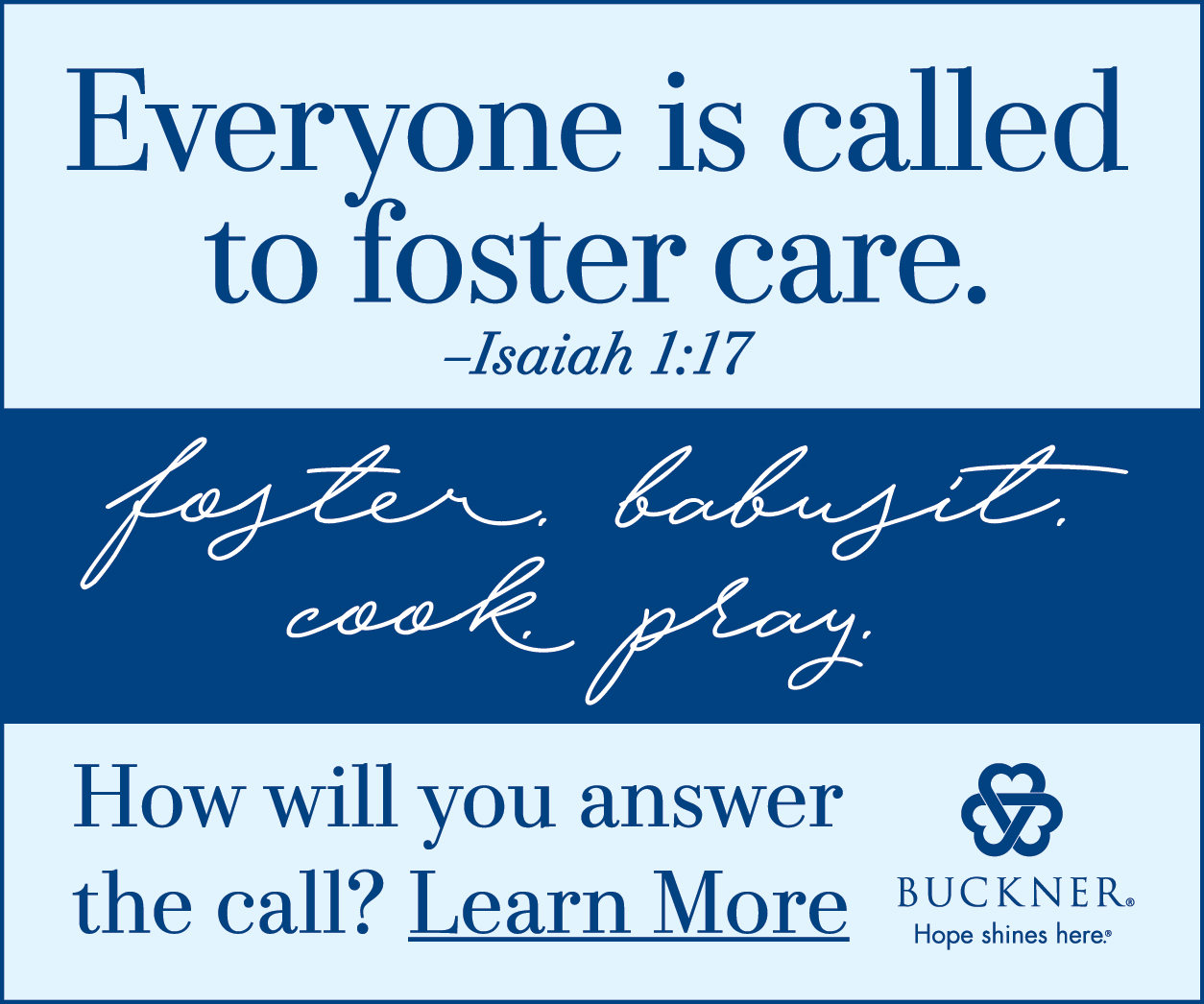WASHINGTON (ABP) — Religious-liberty advocates added their voices Aug. 26 to the thousands mourning the death of longtime Massachusetts Sen. Edward Kennedy after a battle with brain cancer.
Supporters of strong separation between church and state lauded Kennedy's longtime advocacy for a strong interpretation of both of the First Amendment’s religion clauses — the Establishment Clause, which bars government advancement of religion; and the Free Exercise Clause, which bars government infringements on the religious freedom of individuals or groups.

The late Sen. Edward Kennedy at the 2008 Democratic National Convention (Senate.gov).
|
The late senator “was a great champion of church-state separation,” said Barry Lynn, executive director of Americans United for Separation of Church and State, in a prepared statement. “It’s not just that he consistently voted to support that principle — he really got it. He deeply understood that only a high and firm wall of separation between church and state could protect our liberties. He knew the reasons why our Founders established church-state separation and why we need to preserve it. He got how church-state separation protects the rights of both religious and non-religious people.”
Lynn cited Kennedy’s fierce opposition to a famous attempt by his former colleague, the late Sen. Jesse Helms (R-N.C.), to push through the Senate a constitutional amendment enabling government-sanctioned school prayer. He also noted Kennedy’s crucial opposition to failed Supreme Court nominee Robert Bork, who was opposed by many religious-freedom activists because of his support for government endorsements of religion.
But, Lynn added, “At the same time, Sen. Kennedy was a consistent supporter of the free exercise of religion and deplored any effort to chisel away at this cherished right of the American people.”
Don Byrd, who blogs for the Washington-based Baptist Joint Committee for Religious Liberty, said the scion of America’s most famous political dynasty was a “lion of religious liberty.” He cited a famous speech on church-state relations that Kennedy delivered at Liberty University (then known as Liberty Baptist College) in 1983.
The event paired two of the most disparate figures in American political life at the time — Liberty founder and chancellor Jerry Falwell, whose Moral Majority was then racking up conservative victories across the nation, and Kennedy, an icon of the political left.
“Actually, a number of people in Washington were surprised I was invited to speak here — and even more surprised when I accepted the invitation,” Kennedy told his audience on that October day. “They seem to think that it’s easier for a camel to pass through the eye of the needle than for a Kennedy to come to the campus of Liberty Baptist College.”
Sign up for our weekly edition and get all our headlines in your inbox on Thursdays
Kennedy’s Catholicism alone might have put him out of sync with Liberty’s fundamentalist Baptist roots. But the senator was often at odds with his own church, usually over the very issues on which Falwell would have joined forces with Catholics — embryonic stem-cell research, same-sex marriage and abortion rights.

Ted Kennedy, at center, was raised with a strong emphasis on faith by his very large Irish Catholic family (Senate.gov).
|
Nevertheless, in his address at Liberty, which he titled “Faith, Truth and Tolerance in America,” Kennedy pleaded for respect among differing religious groups.
“I am an American and a Catholic; I love my country and treasure my faith,” he said. “But I do not assume that my conception of patriotism or policy is invariably correct, or that my convictions about religion should command any greater respect than any other faith in this pluralistic society. I believe there surely is such a thing as truth, but who among us can claim a monopoly on it?”
While advocating for a robust separation of church and state, Kennedy insisted, this “cannot mean an absolute separation between moral principles and political power.”
“The separation of church and state can sometimes be frustrating for women and men of religious faith,” he continued. “They may be tempted to misuse government in order to impose a value which they cannot persuade others to accept. But once we succumb to that temptation, we step onto a slippery slope where everyone’s freedom is at risk. Those who favor censorship should recall that one of the first books ever burned was the first English translation of the Bible…. Let us never forget: Today’s Moral Majority could become tomorrow’s persecuted minority.”
The vision Kennedy held out was of an “America where the power of faith will always burn brightly, but where no modern Inquisition of any kind will ever light the fires of fear, coercion or angry division.”
Jerry Falwell Jr., son of the elder Falwell who died in 2007, was in his third year at Liberty when Kennedy gave his speech.
“When he spoke … he was well received and, even though the students did not agree with much of what he said, they were polite and kind,” the younger Falwell, now the school’s chancellor, wrote in a recent issue of Liberty Journal.
Falwell said the Massachusetts senator joined his family for dinner in their Lynchburg, Va., home and that ties between Kennedy — famous in the Senate for his bipartisan friendships — and the Falwells continued long after the speech.
“I applied [the next year] for admission to the law school at the University of Virginia, where Kennedy had attended,” said Falwell. “He volunteered to write a letter of recommendation for me. I am sure the faculty was surprised to see a Kennedy recommending a Falwell, but I guess it helped because I was admitted.”
Later, said Falwell, Kennedy asked Jerry Falwell to pray with Kennedy’s mother, then nearly 100 years old and in frail health. And in 2005, “when my father was hospitalized with severe pulmonary edema, one of the first letters he received was from Kennedy,” said Falwell. “The letter was heartfelt and encouraging, wishing my father a quick recovery.”
–Robert Dilday is managing editor of the Virginia Baptist Religious Herald. Robert Marus is managing editor and Washington bureau chief for Associated Baptist Press.















We seek to connect God’s story and God’s people around the world. To learn more about God’s story, click here.
Send comments and feedback to Eric Black, our editor. For comments to be published, please specify “letter to the editor.” Maximum length for publication is 300 words.